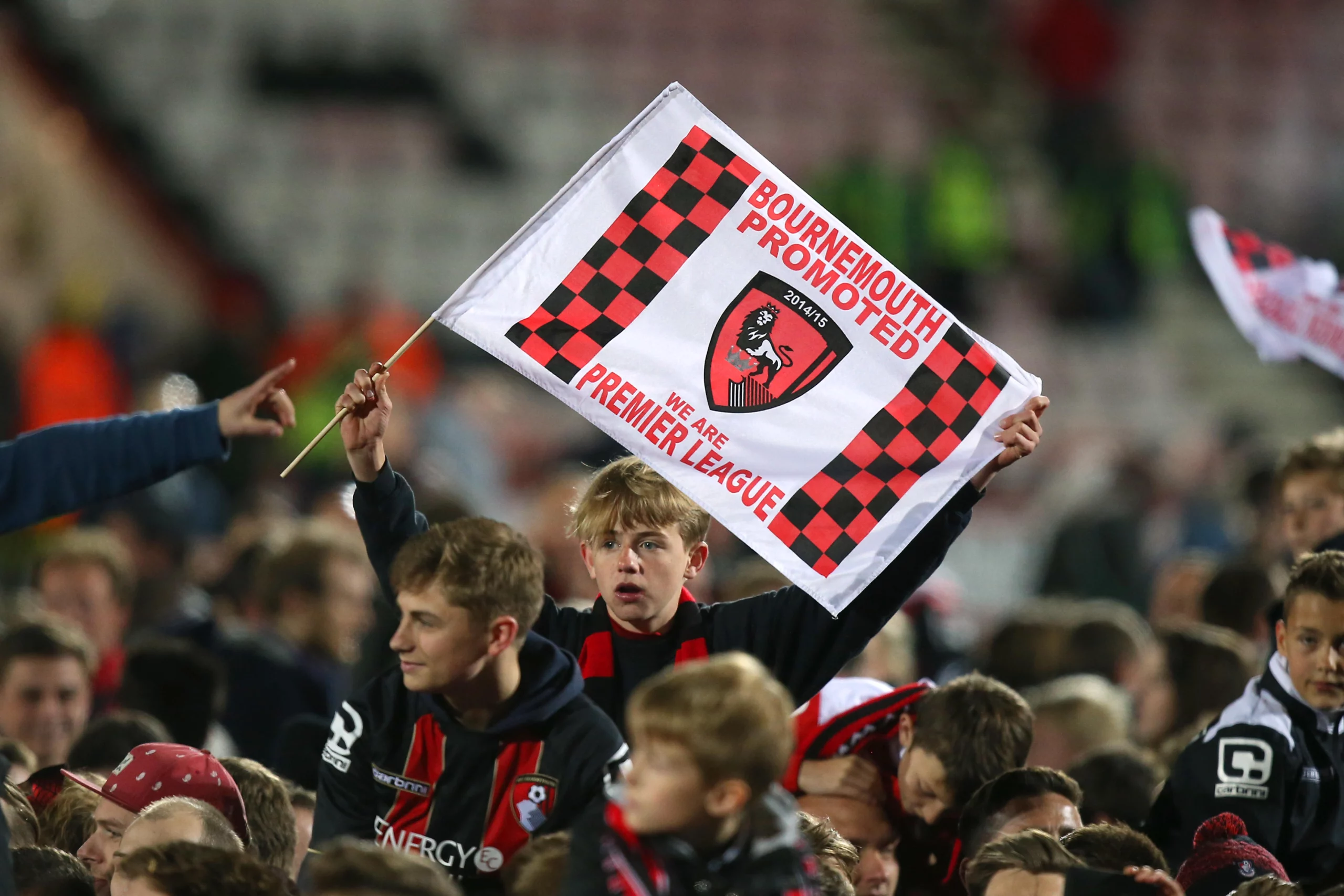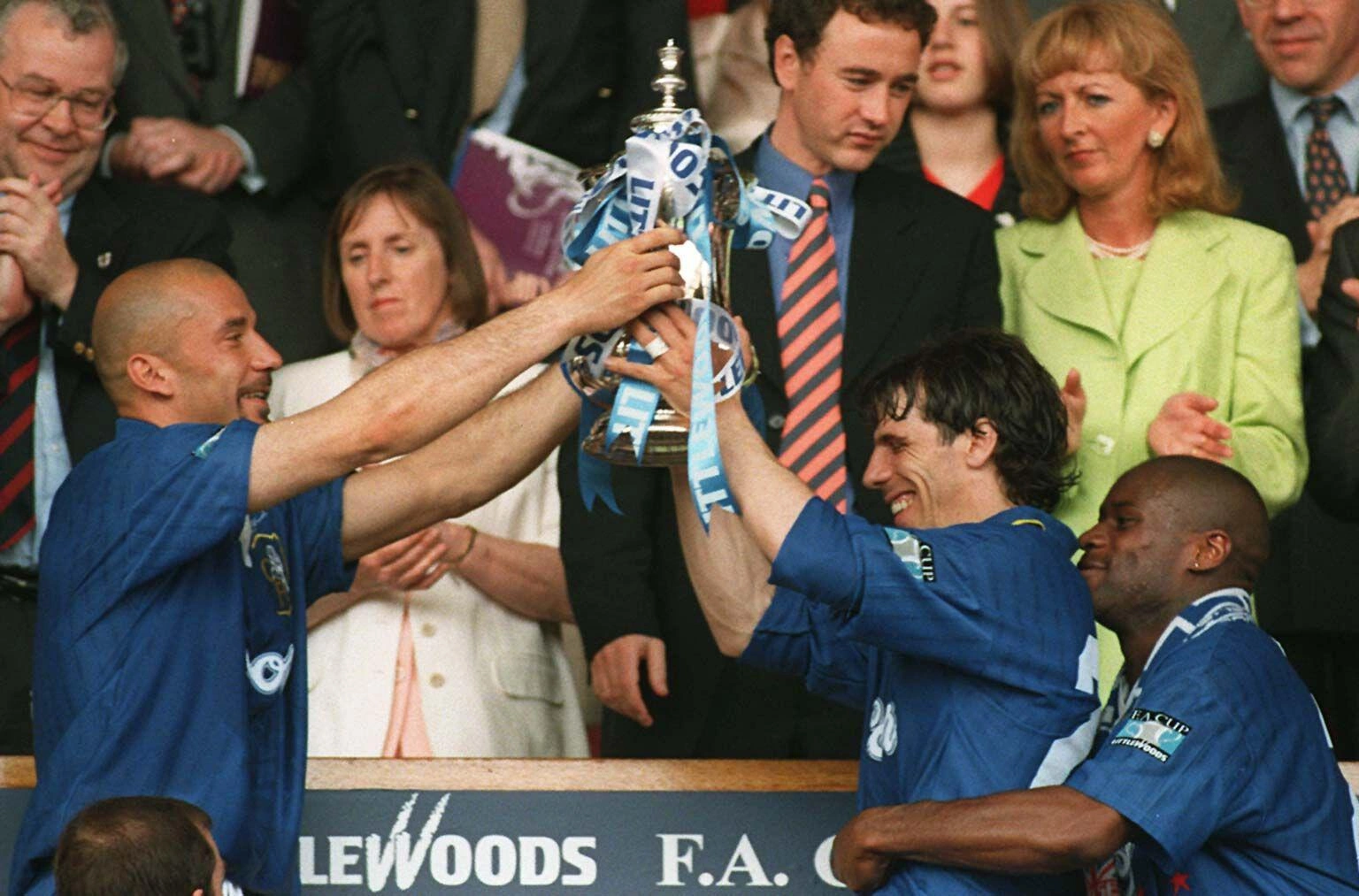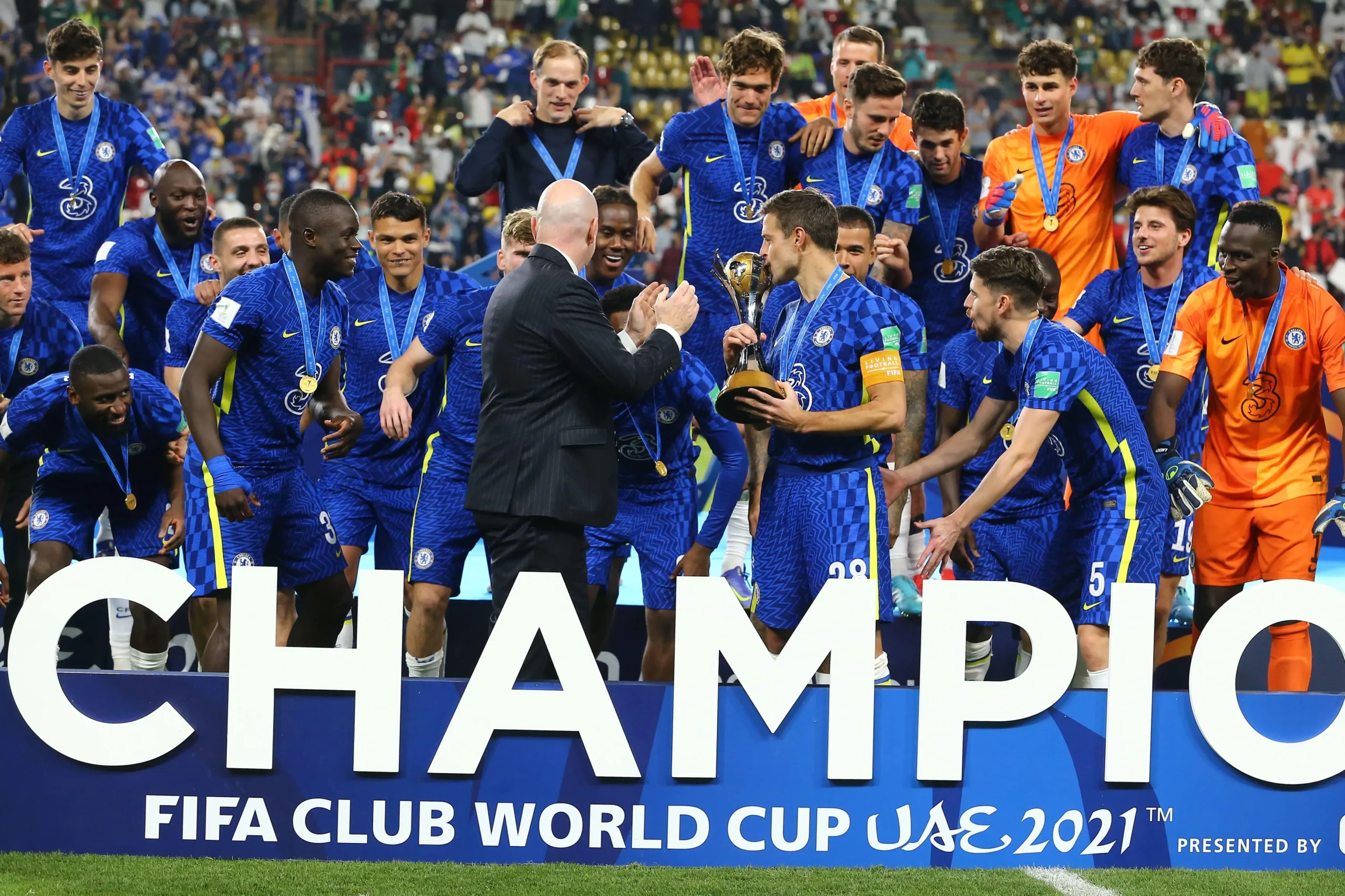AFC Bournemouth currently sits 10th in the English Premier League for the 2024-2025 season, establishing themselves as a competitive force among England’s football elite. The Cherries have carved a unique path from their modest beginnings in 1899 to becoming Premier League mainstays despite having the smallest stadium in the top division.
AFC Bournemouth have been one of the standouts this season and the biggest surprise of the Premier League. Led by coach Andoni Iraola, they are one of the most exciting teams to watch, so they deserve a deep mention, at least.
A Club Steeped in History
AFC Bournemouth began life in 1899 as Boscombe St. John’s Institute FC, a small club formed from the remains of the Boscombe St John’s Institute football club. For over two decades, they operated under this original name before being renamed Bournemouth and Boscombe Athletic FC in 1923 to better represent the town. This change coincided with their entry into the Football League.
The club underwent its final name change in 1972, becoming AFC Bournemouth. Contrary to popular belief, the AFC in their name doesn’t stand for Athletic Football Club. This naming choice was deliberately engineered by former player and commercial manager Dickie Dowsett, who insisted that AFC should not be an abbreviation. His clever strategy ensured Bournemouth would appear first alphabetically in league listings, ahead of established clubs like Arsenal and Aston Villa.
For five consecutive decades after joining the Football League in 1923, AFC Bournemouth competed in the third division before eventually dropping to the fourth division. The majority of their history was spent navigating the lower echelons of English football, with periods in various divisions, including the Southern League English section (1920-1923) and Division Three (South) (1923-1958).
Home Ground and Identity
The Vitality Stadium, formerly known as Dean Court, has served as the club’s home since 1910. With a capacity of just 11,329 seats, it stands as the smallest venue in the Premier League by a significant margin. The stadium has carried various sponsored names through the years, including the Fitness First Stadium (2001-2011), Seward Stadium (2011-February 2012), and Goldsands Stadium (February 2012-July 2015), before adopting its current title in July 2015.
The club’s distinctive visual identity centers around red and black striped shirts paired with black shorts and socks. Their badge incorporates these traditional colors alongside the image of a footballer heading a ball – a design element that honors Dickie Dowsett, one of Bournemouth’s historic top scorers.
Nicknamed “The Cherries,” the club is based in the suburb of Boscombe, east of Bournemouth’s center. This coastal location, complete with beaches and Boscombe Pier, forms part of the club’s unique regional character.
Current League Standing
As of March 26, 2025, AFC Bournemouth has compiled a record of 12 wins, 17 draws, and 9 losses from 29 Premier League matches this season. Their most recent outing ended in a 1-2 home defeat to Brentford on March 15, 2025, after being level 1-1 at halftime.
The remaining fixtures for the 2024-2025 campaign include challenging encounters against title contenders Manchester City and Arsenal, along with matches against Manchester United, Aston Villa, and Leicester City. How they perform in these final games will determine whether they can improve upon their current mid-table position.
Key Players and Squad Analysis
The current AFC Bournemouth squad features a blend of international talent and promising prospects. In attack, Dutch forward Justin Kluivert has been the standout performer, netting 12 goals and providing 6 assists across 28 appearances. The 25-year-old has shown clinical finishing ability, converting 27 of his 54 total shots on target.
Antoine Semenyo has also made significant offensive contributions with 7 goals and 4 assists while leading the team in shots with an impressive 103 attempts. The Ghana international’s direct approach has made him a constant threat to opposition defenses.
Burkina Faso winger Dango Ouattara has added 7 goals and 4 assists in 26 appearances, while Brazilian striker Evanilson has contributed 6 goals in 22 matches.
In midfield, Marcus Tavernier has shown creative flair with 3 goals and 5 assists, while Scottish international Ryan Christie has registered 2 goals and 3 assists. Lewis Cook has been a consistent presence in central midfield, appearing in 28 matches and providing solid defensive cover alongside attacking contributions of 1 goal and 3 assists.
Defensively, Ukrainian center-back Illia Zabarnyi has started 27 matches, forming the backbone of the team’s defense. Hungarian left-back Milos Kerkez has been ever-present, starting all 29 league matches while adding 2 goals and 5 assists from his defensive position. Spanish teenager Dean Huijsen has also impressed, making 23 appearances and contributing 2 goals and 1 assist.
Between the posts, Spanish goalkeeper Kepa Arrizabalaga has been the first choice, making 76 saves and conceding 29 goals in 22 starts.
From Near-Extinction to Premier League Status
AFC Bournemouth’s path to the Premier League represents one of football’s most compelling stories of perseverance. The club faced existential threats twice in recent decades – first in 1996, when they came within 15 minutes of being closed down, only to be saved by a supporters’ trust fund. This rescue led to Bournemouth becoming one of Europe’s first community-owned clubs.
Crisis struck again in 2008 when the club entered administration and narrowly avoided relegation from the Football League altogether. Despite these financial struggles, Bournemouth achieved an astonishing rise through the English football pyramid, climbing from the fourth tier to the Premier League in just five years.
A key factor in this ascent was the financial backing of Russian businessman Maxim Demin, whose investment helped transform the club’s fortunes. Bournemouth secured its first promotion to the Premier League in 2015, a historical achievement for a club that had spent most of its existence in the lower divisions.
This rapid climb represents an extraordinary accomplishment for a club with such modest facilities. Despite the Vitality Stadium’s limited capacity, making it by far the smallest venue in the Premier League, Bournemouth has established itself among England’s elite.
Fascinating Facts and Figures
The club’s record attendance at their present ground was 28,799 for an FA Cup sixth-round match against Manchester United on March 2, 1957, which they narrowly lost 1-2. This figure stands in stark contrast to their lowest recorded attendance of just 1,873 for a Division Three match against Lincoln City on March 4, 1986, which ended in a 2-2 draw.
During the 2001 stadium renovation, Bournemouth temporarily played home matches at The Avenue Stadium in Dorchester from August to October. This brief relocation represents one of only two home grounds in the club’s history, with Castlemain Road in Pokesdown serving as their original home from 1899 to 1910 before the move to Dean Court.
The club turned professional in 1912 and became a limited company in 1914, two important milestones in its early development. Their first league game at Dean Court ended in a goalless draw against Swindon Town in a Division Three (South) match on September 1, 1923.
Modern Identity and Future Prospects
Under the management of Andoni Iraola, AFC Bournemouth continues to write new chapters in its fascinating history. Their current squad features players from diverse international backgrounds, including Spain, Argentina, Hungary, Brazil, Ukraine, and the United States, highlighting the global nature of the modern Premier League.
The club badge’s footballer heading a ball serves as a constant reminder of their connection to past figures like Dickie Dowsett while looking forward to future success. Despite operating with more limited resources than many Premier League rivals, Bournemouth continues to compete effectively at the highest level of English football.
From their humble beginnings in the suburb of Boscombe to competing against England’s most prestigious clubs, AFC Bournemouth’s journey exemplifies the passion, resilience, and community spirit that define football’s enduring appeal. Their continued presence in the Premier League stands as a testament to how far this once-small coastal club has come.













